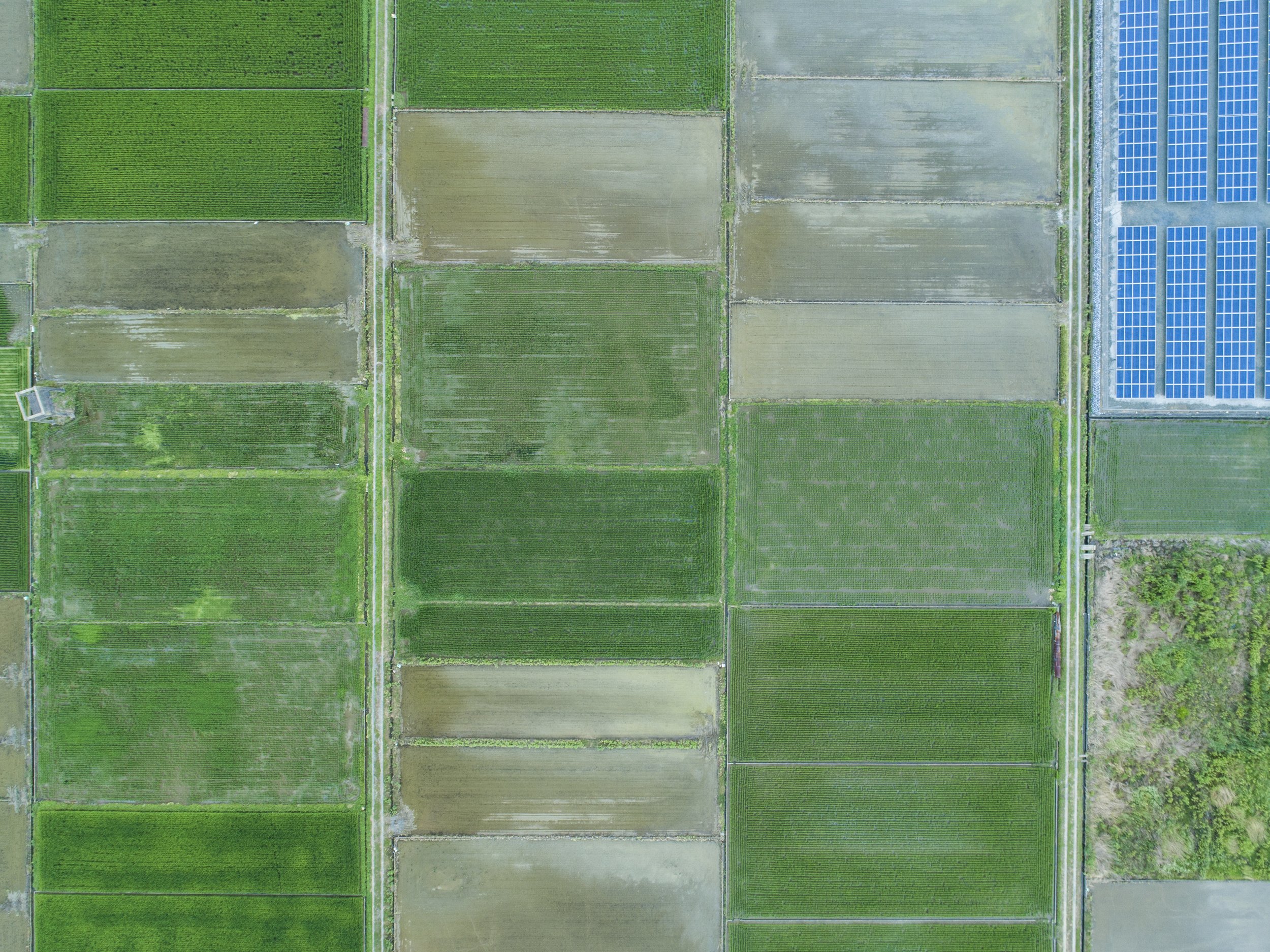
WORLD HYDROGEN ASIA: Sarawak Premier Johari outlines five-point hydrogen economy plan
Malaysia's Sarawak province is positioning itself as a renewable hydrogen hub through a comprehensive plan that leverages its renewable energy resources and aims to catalyze clean energy growth across the Asia-Pacific region and beyond, Premier Abang Johari said July 10.
Speaking at the World Hydrogen Asia 2025 conference being held July 8-10 in Tokyo, Johari outlined Sarawak's five strategic priorities for renewable hydrogen development: scaling up production, building domestic demand through transport and industrial applications, securing long-term international offtakes, establishing hydrogen certification, and investing in technology innovation.
"We see hydrogen as a key enabler of this transition, linking clean energy with industrial transformation, trade innovation and economic diversification," Johari said, calling for investments and also international technology collaborations in the state.
"The success of the hydrogen economy, especially in Asia, will depend on how well we work together. We must avoid fragmented efforts and move toward harmonized policy frameworks, shared standards and coordinated investments."
The strategy builds on Sarawak's energy transition success, where hydropower, solar and natural gas form the backbone of the state's electricity system, according to the premier. This shift away from fossil fuels has delivered a 72% reduction in carbon emissions between 2010 and 2023, he added.
Market momentum
Sarawak's hydrogen ambitions gained international recognition when the World Economic Forum selected it as Malaysia's first Transitioning Industrial Cluster site, Johari said.
The designation places Sarawak among 35 industrial clusters across 16 countries representing 66% of global GDP, signaling strong institutional backing for the state's decarbonization efforts, he added.
Sarawak is advancing multiple projects through front-end engineering design phases and has integrated hydrogen into its regulatory framework through recent amendments to gas distribution laws, according to the premier.
Sarawak plans to establish its own hydrogen certification platform aligned with international standards to ensure transparency and build investor confidence, Johari added.
"We believe that hydrogen is not just a clean molecule. It is a connector. It connects energy to climate, industry to innovation and to opportunity."
Among Sarawak's prominent renewable hydrogen projects are H2ornbill and H2biscus, which aim to produce renewable and low-carbon hydrogen/ammonia and green methanol with an output capacity of 240,000 mt/year of renewable hydrogen or derivatives, according to data from Platts, part of S&P Global Commodity Insights.
These projects, with significant foreign investments, are expected to be operational by 2027 and will play a crucial role in Sarawak's transition toward sustainable energy and getting a foothold in the global clean fuels trade.
Platts, part of Commodity Insights, assessed Queensland hydrogen produced via alkaline electrolysis, including capital expenditures, at $4.23/kg on July 7, down 11% from a month earlier.
Platts assessed Japan's hydrogen produced via alkaline electrolysis, including capex, at $6.96/kg July 8, up 54% month over month.
MEMBERSHIP
Unlock exclusive access to a wealth of resources with our World Hydrogen Leaders membership. Enjoy more articles like this, over 100 annual online events, regional hydrogen intelligence updates, industry reports, news, and much more.
